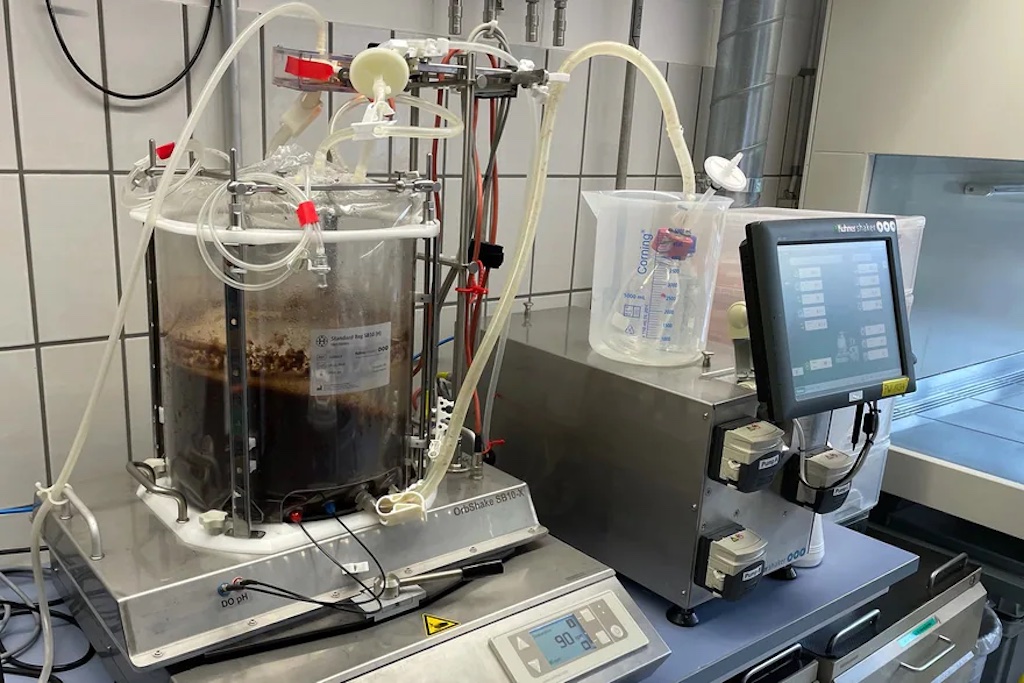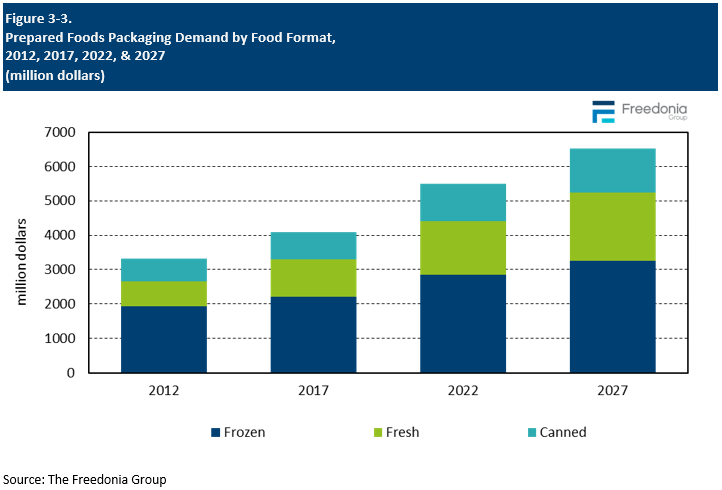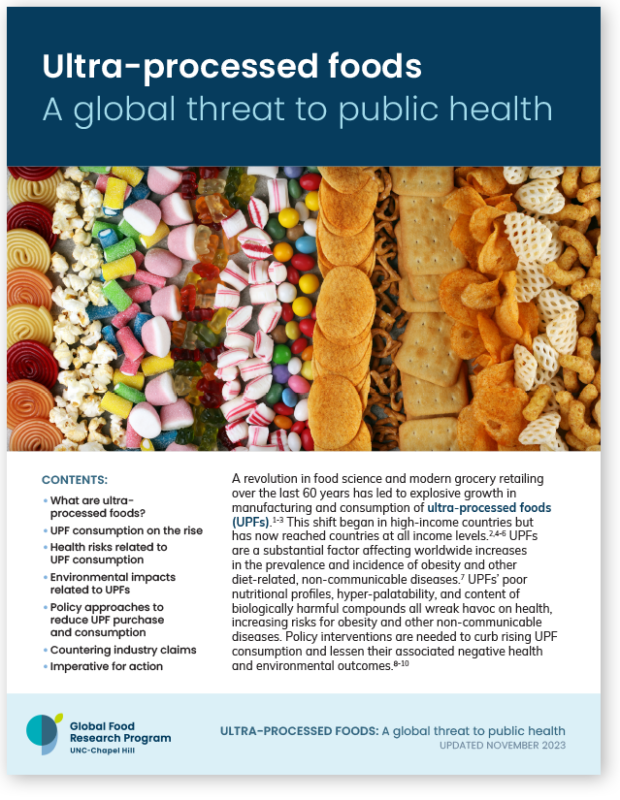Cultivated Chocolate - Can Cell-Based Cacao Revolutionize the Confectionery Industry?

As the world's appetite for chocolate continues to grow, so too does the pressure on the traditional cacao farming industry. This beloved treat faces challenges from deforestation, climate change, and ethical concerns surrounding labor practices. Enter cellular agriculture, a burgeoning field offering a potential solution: lab-grown chocolate. But can this innovative approach truly satisfy our craving for sustainable and ethical indulgence?
The Current State of Cacao Farming: A Bittersweet Reality
The global chocolate market is a multi-billion dollar industry, with an estimated value exceeding $130 billion in 2022. Meeting this demand requires vast quantities of cacao beans, primarily sourced from West African countries like Ivory Coast and Ghana. However, traditional cacao farming carries a bitter aftertaste:
- Deforestation: Cacao cultivation is a leading driver of deforestation, particularly in sensitive rainforest ecosystems. According to the World Cocoa Foundation, an estimated 3.9 million hectares of forest were lost to cocoa expansion between 2000 and 2019.
- Climate Change: Rising temperatures and unpredictable rainfall patterns threaten cacao yields, jeopardizing the livelihoods of millions of farmers and the stability of the global supply chain.
- Labor Exploitation: The cacao industry has faced scrutiny for unethical labor practices, including child labor and forced labor, highlighting the need for greater transparency and ethical sourcing.
Cultivated Chocolate: A Seed of Hope
Cellular agriculture, also known as cell-based or cultured meat technology, offers a potential solution to these challenges. This innovative field involves growing animal cells in a controlled laboratory environment, eliminating the need for traditional animal agriculture.
The process for cultivating chocolate is similar. Scientists extract cacao cells, typically from the beans or other parts of the cacao plant. These cells are then cultivated in bioreactors, large vessels that provide the optimal conditions for growth. The cells are fed a nutrient-rich solution, replicating the natural environment and allowing them to multiply and differentiate into the cells responsible for producing the characteristic flavor and aroma compounds of chocolate.
Benefits of Cell-Based Cacao
The potential advantages of cultivated chocolate are significant:
- Sustainability: By eliminating the need for large-scale cacao plantations, cell-based production significantly reduces deforestation and the environmental impact associated with traditional farming practices.
- Ethical Production: Cultured chocolate offers a cruelty-free and ethical alternative, addressing concerns regarding labor exploitation and ensuring fair compensation throughout the supply chain.
- Consistent Quality: Controlled laboratory environments allow for precise control over flavor profiles, ensuring consistent quality and potentially even enhanced taste experiences.
- Resilience: Cell-based production is less susceptible to climate change impacts and disease outbreaks, providing greater stability to the chocolate supply chain.
Challenges and Future Outlook
While the potential for cultivated chocolate is immense, several challenges need to be addressed before it becomes a mainstream reality:
- Scalability: Currently, cell-based chocolate production remains in its early stages, with limited scalability and high production costs compared to traditional methods. Further research and development are crucial to making this technology commercially viable.
- Consumer Acceptance: As with any novel food technology, consumer acceptance is paramount. Addressing potential concerns about the safety, taste, and "naturalness" of lab-grown chocolate will be essential for widespread adoption.
- Regulatory Frameworks: Clear and consistent regulatory frameworks for cell-based food products are necessary to ensure consumer safety and facilitate market entry.
Final Thoughts: A Deliciously Sustainable Future?
Cultivated chocolate represents an exciting frontier in the future of food, offering a potential solution to the environmental and ethical challenges facing the traditional cacao industry. While challenges remain in terms of scalability, cost, and consumer acceptance, ongoing research and technological advancements are paving the way for a more sustainable and ethical chocolate experience. As the field of cellular agriculture matures, it holds the promise of revolutionizing the confectionery industry and satisfying our sweet tooth without compromising the health of our planet.


:max_bytes(150000):strip_icc()/dog-treats-glass-storage-container-3f5d7e36-81df4011d844459c9272c9c8404bc38d.jpg)













Comments ()